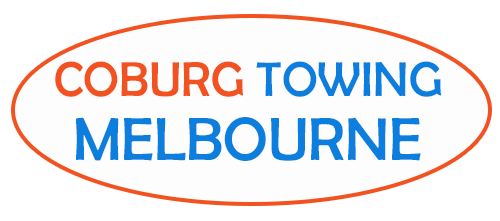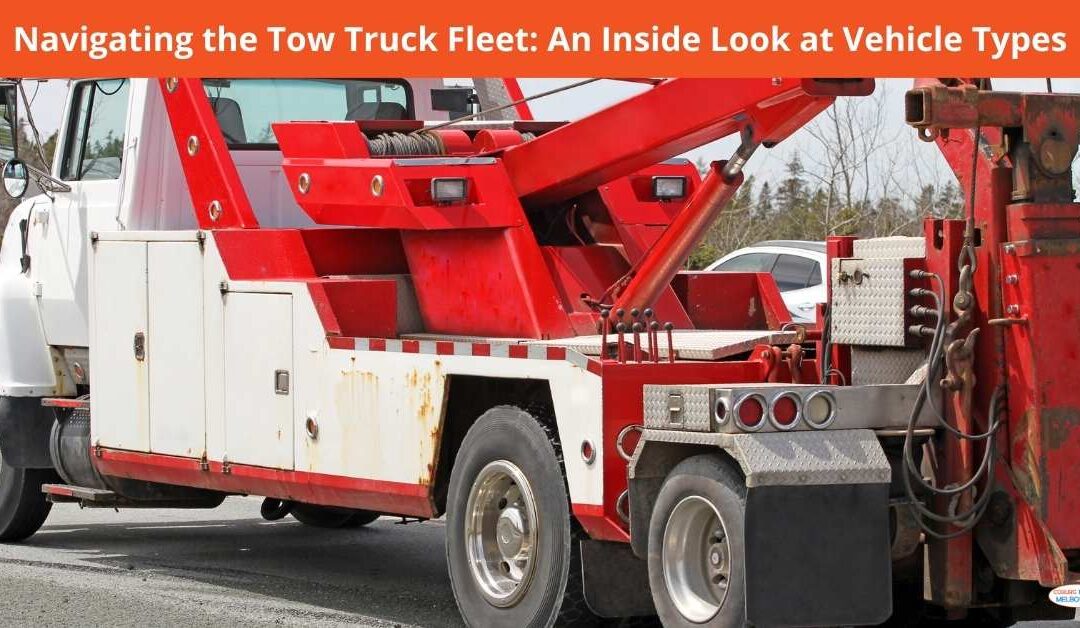When you think of a tow truck, you may imagine a single type of vehicle designed to haul broken-down cars. However, the world of tow trucks is much more diverse, with different vehicles serving a wide range of towing needs. Understanding the various types of tow trucks can help you select the best one for your situation, whether you’re a driver in need of assistance or someone working in the towing industry.
1. Flatbed Tow Trucks
Best for: All types of vehicles, including luxury, exotic, and heavily damaged cars.
Flatbed tow trucks are one of the most popular and versatile towing vehicles in the fleet. These trucks feature a long, flat platform (or bed) that can tilt to ground level, allowing vehicles to be driven or winched onto the bed with ease. Once the car is secured, the bed returns to a horizontal position, making transport safe and damage-free.
Advantages:
Ideal for vehicles that can’t be driven or have significant damage.
Reduces the risk of further damage since the vehicle is fully lifted off the ground.
Suitable for transporting high-value or exotic vehicles due to the secure nature of the towing method.
2. Hook and Chain Tow Trucks
Best for: Wrecked or junk vehicles headed for scrap.
Hook and chain tow trucks are one of the older types of tow trucks, using a heavy-duty chain that wraps around the vehicle’s axle or frame to lift the front or rear wheels off the ground. While once common, they are now less favored due to the risk of damaging the car’s body or suspension.
Advantages:
Effective for removing wrecked or heavily damaged vehicles.
Suitable for towing vehicles over short distances or taking them to junkyards.
Disadvantages:
Can cause damage to the vehicle, especially modern cars with low ground clearance.
Not recommended for towing vehicles that are in good condition or need repairs.
3. Wheel-Lift Tow Trucks
Best for: Short-distance towing and moving cars quickly.
Wheel-lift tow trucks are a modernized version of the hook and chain design. Instead of chains, they use a metal yoke that hooks under the front or rear wheels of the vehicle. The wheels are lifted off the ground, while the other set remains on the road, allowing for easier towing.
Advantages:
Faster and more efficient than flatbed towing for short distances.
Less risk of vehicle damage compared to hook and chain methods.
Commonly used for parking enforcement and quick tows.
Disadvantages:
Still not as safe as flatbed towing for long distances.
Some risk of damage to the car’s drivetrain if improperly towed.
4. Integrated Tow Trucks
Best for: Towing large, heavy-duty vehicles like buses, RVs, or trucks.
Integrated tow trucks are designed for the big jobs. They feature an extra-strong arm embedded in the truck’s core, along with additional axles for enhanced stability. This allows them to handle larger and heavier loads compared to other tow trucks in the fleet.
Advantages:
Capable of towing large vehicles, such as buses and tractor-trailers.
Ideal for heavy-duty towing in situations where other tow trucks wouldn’t suffice.
Integrated controls make it more efficient for handling bigger vehicles.
Disadvantages:
Limited use for regular passenger vehicles due to its size and weight capacity.
5. Boom Trucks
Best for: Recovering vehicles in difficult or tight situations.
Boom trucks feature a hydraulic arm, or “boom,” which can extend and lift vehicles out of tough spots, such as ditches, ravines, or parking areas with limited access. While earlier boom trucks used chains, modern versions use slings or rubber belts to minimize damage to vehicles.
Advantages:
Effective for vehicle recovery in challenging environments, such as accidents or off-road situations.
Can lift vehicles vertically, making them useful when other towing methods are not feasible.
Disadvantages:
Not the best option for regular towing needs.
May cause damage to vehicles if used improperly, particularly on newer models.
6. Heavy-Duty Tow Trucks
Best for: Towing large commercial vehicles, like tractor-trailers, buses, and construction equipment.
Heavy-duty tow trucks are designed to handle the most challenging towing tasks. These trucks are equipped with robust engines, powerful hydraulic systems, and high-strength towing equipment. They are essential for transporting large and commercial vehicles that would be too much for a standard tow truck to handle.
Advantages:
Specifically built to tow heavy vehicles.
Equipped with strong winches, booms, and wheel lifts to manage oversized loads.
Disadvantages:
Overkill for towing regular passenger cars.
More expensive to operate and hire, given their size and capabilities.
Choosing the Right Tow Truck for Your Needs
The type of tow truck you’ll need depends on several factors, such as the size of the vehicle being towed, its condition, and where it needs to be taken. Here’s a quick guide:
Flatbed tow trucks are the go-to option for most situations, offering safe and damage-free towing for nearly any vehicle.
Hook and chain trucks are largely phased out, but may still be used for scrapped cars.
Wheel-lift tow trucks offer a balance of speed and efficiency, making them suitable for short-distance tows or parking violations.
Integrated and heavy-duty tow trucks are best reserved for large commercial vehicles and situations that demand extra power.
Boom trucks excel in vehicle recovery from hard-to-reach places, making them ideal for accident sites or off-road rescues.
Conclusion
Understanding the different types of tow trucks can save you time, money, and hassle in an emergency. Each type has its own strengths and is designed for specific scenarios, from everyday roadside breakdowns to more complex recovery operations. Whether you need a quick wheel-lift tow or a heavy-duty truck to haul large machinery, the right vehicle ensures a smooth, safe, and efficient towing experience.
If you are in Fawkner, Victoria 3060, and looking for a car removal service, this is the best way to visit us.
Coburg Towing Melbourne
31 Cameron St,
Coburg VIC 3058
03) 9999 7525


Recent Comments